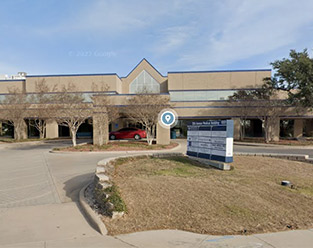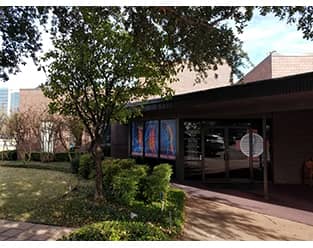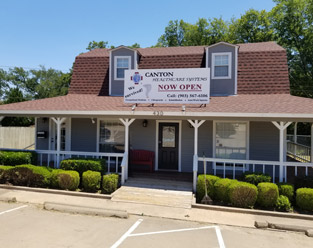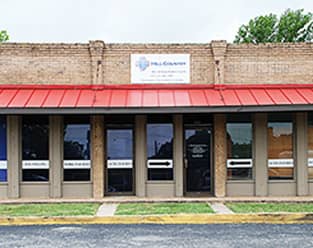Are They Different? If So, How?
 Over the past decade, there has been a lot of press about concussions and other traumatic brain injuries, or TBIs. Often, the terms get used interchangeably, suggesting that they may be one and the same thing. Is that accurate? If not, what’s the difference between a concussion and a traumatic brain injury?
Over the past decade, there has been a lot of press about concussions and other traumatic brain injuries, or TBIs. Often, the terms get used interchangeably, suggesting that they may be one and the same thing. Is that accurate? If not, what’s the difference between a concussion and a traumatic brain injury?
What Is a Traumatic Brain Injury?
A traumatic brain injury (TBI) is any affliction involving your brain that has been caused by some external force, such as a bump or blow to your head or neck. A TBI typically occurs suddenly, characterized by your brian making an impact with some external object or slamming against the inside of your skull. Brain afflictions caused by degenerative conditions or illness are typically not categorized as traumatic brain injuries but rather as “acquired brain injuries.” Traumatic brain injuries are most often suffered in motor vehicle accidents, slips and falls, physical assaults, athletic competition, and proximity to explosions or firearms.
What Is a Concussion?
Traumatic brain injuries are commonly categorized as mild, moderate, or severe. When a TBI is diagnosed as mild, it is medically referred to as a concussion. Accordingly, while all concussions are considered traumatic brain injuries, not all traumatic brain injuries are concussions.
What Distinguishes a Concussion from Other Types of Traumatic Brain Injury?
Many of the telltale signs of a concussion are the same as those of more serious TBIs. For example, with any type of traumatic brain injury, you can usually expect:
- Some type of headache—If it persists for more than a couple of hours, it’s likely that you have a moderate to severe TBI.
- Nausea or vomiting—Again, if it continues for more than a few hours, you may have a moderate TBI.
- Dizziness, lightheadedness, or vertigo
- Confusion or difficulty speaking or understanding language
- Heightened sensitivity to sound, light, or smell
- Changes in your sleep habits
Though you can suffer some degree of unconsciousness with a concussion, if you remain unconscious for more than 30 minutes, it’s likely that you’ve sustained a moderate TBI. If it’s more than 24 hours, you may have a severe TBI.
Contact Us to Set Up an Appointment
At Advantage Healthcare Systems, we have extensive experience working successfully with anyone who has suffered a traumatic brain injury. Call us toll-free at 1-877-487-8289 or fill out the form provided below to schedule an assessment. We offer locations across Texas, including Fort Worth, Dallas, and San Antonio.





